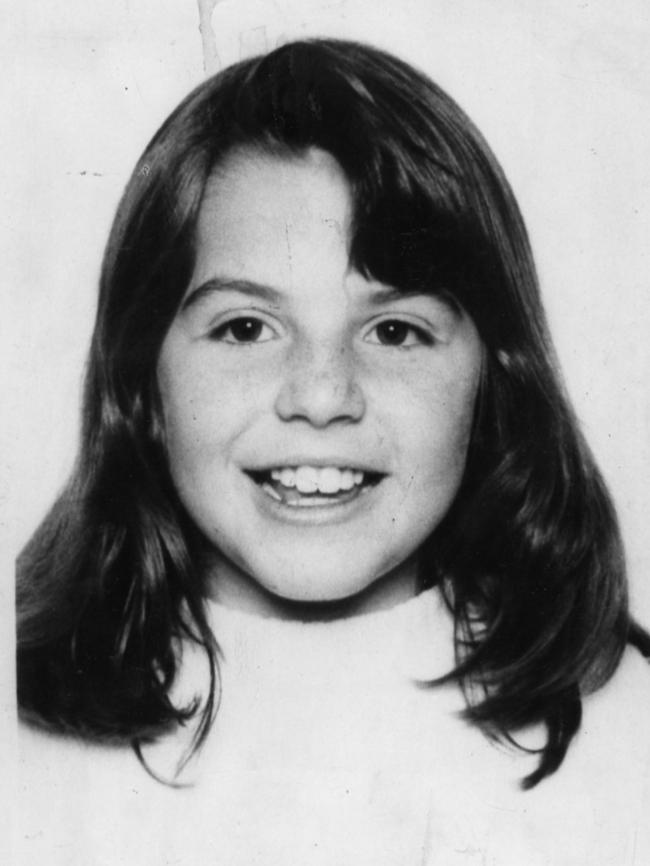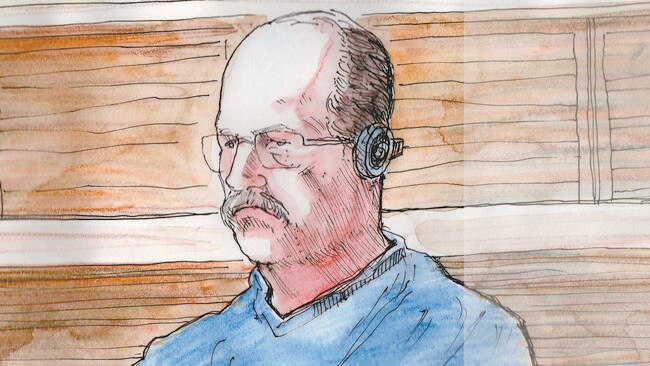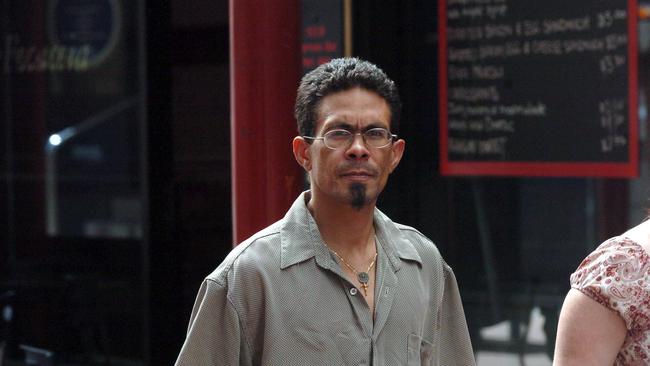SA Supreme Court trial of Dieter Pfennig for Louise Bell murder to hear evidence from ‘founding father’ of DNA testing
SEE THE VIDEO: The “founding father” of DNA evidence will give evidence against Louise Bell’s alleged killer, Dieter Pfennig, as the case takes on global implications.
SA News
Don't miss out on the headlines from SA News. Followed categories will be added to My News.
THE “founding father” of DNA evidence will be a witness in the Louise Bell murder trial — as international experts line up to testify in a case that now has global implications.
Professor Peter Gill, from Oslo University in Norway, is the first in an “all-star” panel of expert witnesses in the Supreme Court trial of Dieter Pfennig, which resumed on Monday.
Pfennig, 67, has pleaded not guilty to having abducted Louise, 10, from her Hackham West home on January 4, 1983 and murdering her sometime before March 1 that year.
His lawyers are seeking to challenge allegations that the DNA sample found on Louise’s torn pyjama top is a “one in one billion” match to their client.
That element of the prosecution case based on cutting-edge forensic testing conducted by an international team of experts working in both South Australia and the Netherlands.
However, the results of those tests run to thousands of pages and are in Dutch — Pfennig’s team wants $250,000 and a long adjournment to have the material translated.

The Pfennig case represents the first use of that DNA technique in an Australian matter and, if the prosecution succeeds, it could set a standard for future trials across the country.
Should Pfennig succeed, however, his case could be used as a precedent against the technique in overseas jurisdictions where it has and continues to be used.
The Advertiser understands scientists and law enforcement agencies in other countries are concerned by that possibility, prompting the influx of international witnesses.
On Monday, prosecutor Sandi McDonald, SC, said she would call Professor Peter Gill to give evidence by video link later this week.
She said Professor Gill, a lecturer of forensic genetics, is regarded as the “founding father” of the use of DNA evidence in criminal cases.
Ms McDonald said other experts, including a District Attorney from New York, would also be called as part of the prosecution case.

The Advertiser understands several of the witnesses being called were involved in the watershed 2008 “Caddy Review” of the use of DNA testing techniques in criminal cases.
The review, conducted in the UK, established that the same techniques used in the Pfennig case were “good science”.
It is the second time a South Australian criminal trial has put the global scientific community on notice due to the protests of a defendant.
In 2007, HIV-positive man Andre Chad Parenzee sought to overturn his conviction for endangering the lives of women through unprotected sexual encounters.
Parenzee called expert evidence of his own, claiming HIV did not cause AIDS and could not be transmitted sexually.
His stance was disputed by several global experts, who flew to Adelaide to give evidence fearing a successful appeal would set AIDS education back decades.
Parenzee’s appeal was ultimately dismissed by the Full Court of the Supreme Court, which dubbed it “incompetent”.

During the trial, prosecutors have alleged a police re-enactment of the abduction proves Louise would have been taken from her bedroom in just 30 seconds.
Louise’s body has never been found, but her pyjama top was located by a neighbour who also received a phone call from the abductor, claiming the girl was “happy with them”.
On Monday, the trial heard evidence from SA Police electronic crime experts who analysed computers owned and used by Pfennig during his time in custody.
The trial heard a story written by Pfennig, in which a warrior tried to rescue a young girl but failed because she would not trust him, was among “thousands” on the hard drive.
Another of those stories, titled “The Word of God”, was tendered in court, as was a list of Pfennig’s works and two letters addressed to his daughter.
The court also viewed a compilation video of Pfennig’s interviews with Major Crime detectives between 2003 and 2011.
Told, in October 2011, he is a suspect in Louise Bell’s murder, Pfennig declines to answer questions without a lawyer present.
“I’m doing time for something I haven’t done,” he says.
“As you’re probably aware, I was convicted of the kidnapping murder of Michael Black, I still don’t know how I got convicted for something I have not done.
“I still don’t understand what happened there.
“I’ve seen, in the process, how things can get twisted around and misused ... that’s why I need to talk to a lawyer before something is twisted around again.”
The trial, before Acting Justice Michael David, continues.


